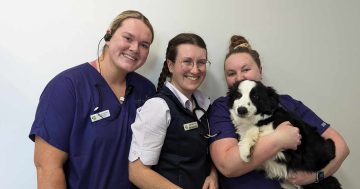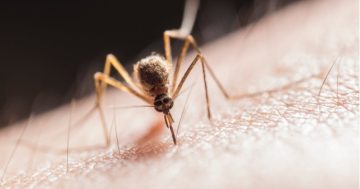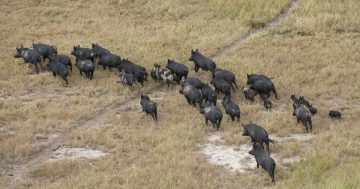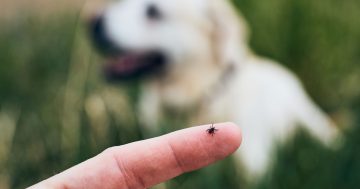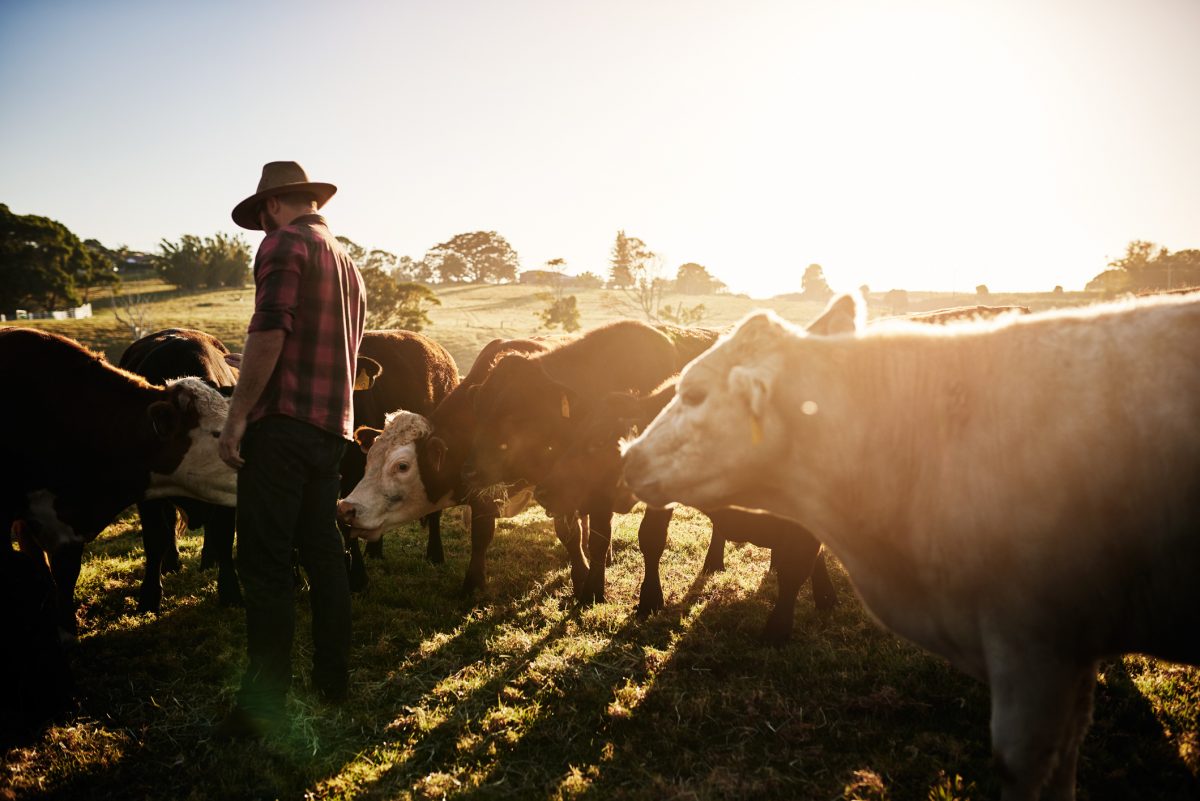
The vaccines for both food and mouth disease and lumpy skin disease have been fast-tracked to help protect our farms. Photo: iStock/Pixdeluxe.
Vaccines for foot and mouth disease (FMD) and lumpy skin disease have been fast-tracked to protect regional livestock.
The NSW Government has announced it is sourcing the world’s first mRNA vaccine for FMD and lumpy skin disease from Tiba Biotech, a US biotechnology company.
Deputy Premier and Minister for Regional NSW Paul Toole said signing the deal with the biotechnology company to secure the vaccine technology was an important step towards protecting Australia’s $28.7 billion livestock industry.
“The NSW Nationals in government are taking the threat of FMD and lumpy skin disease extremely seriously, and this milestone is another step forward in preparing for a potential outbreak,” Mr Toole said.
“I have now written to vaccine manufacturers to take up my challenge to develop both vaccines ready for use and manufacture in NSW by August 1 next year.
“COVID-19 demonstrated to us that all possible avenues in developing vaccines must be explored and we will leave no stone unturned.”
Minister for Agriculture Dugald Saunders said the agreement with Tiba Biotech gave NSW another path towards combating FMD and lumpy skin disease.
“It is critical that we develop mRNA vaccines for FMD and lumpy skin as quickly as possible to protect our state’s livestock sector,” Mr Saunders said.
“The threat of FMD is ongoing and there are concerns lumpy skin disease could enter northern Australia this coming wet season, so it’s critical we continue to do what we can as quickly as we can.
“Current FMD vaccines use the virus itself, and there is yet to be an approved vaccine for use in Australia for lumpy skin disease, so creating mRNA vaccines to combat either disease would be a game-changer for the industry.
Mr Saunders said mRNA vaccines were cheaper, quicker to produce, highly effective and very safe.
He said the vaccines were fully synthetic and did not require any animal or microbial products. He added they did not carry the same risks as traditionally derived vaccines.
Meat and Livestock Australia managing director Jason Strong said the vaccines came with additional benefits for the livestock sector.
“This type of vaccine technology may not require the longer testing and approval processes required for conventional vaccine development and importation as it does not use animal products,” Mr Strong said.
“That means we can use it to provide faster responses to outbreaks, enable eradication and return to freedom status – and market access – sooner.”
Tiba co-founder Peter McGrath said the company was pleased to be working in partnership with government, industry and researchers to protect Australia’s vital livestock industry and food security.
“Our next generation RNA technology is able to safely and efficiently deliver vaccines for both human and animal health needs and has demonstrated more practical storage requirements than existing RNA technologies,” Mr McGrath said.
The pilot program is part of a $65 million investment from the NSW Government to prepare for and prevent exotic animal diseases, which brings the total investment in biosecurity this year alone to $229 million – the biggest biosecurity investment by a single jurisdiction on exotic pest and disease control.








